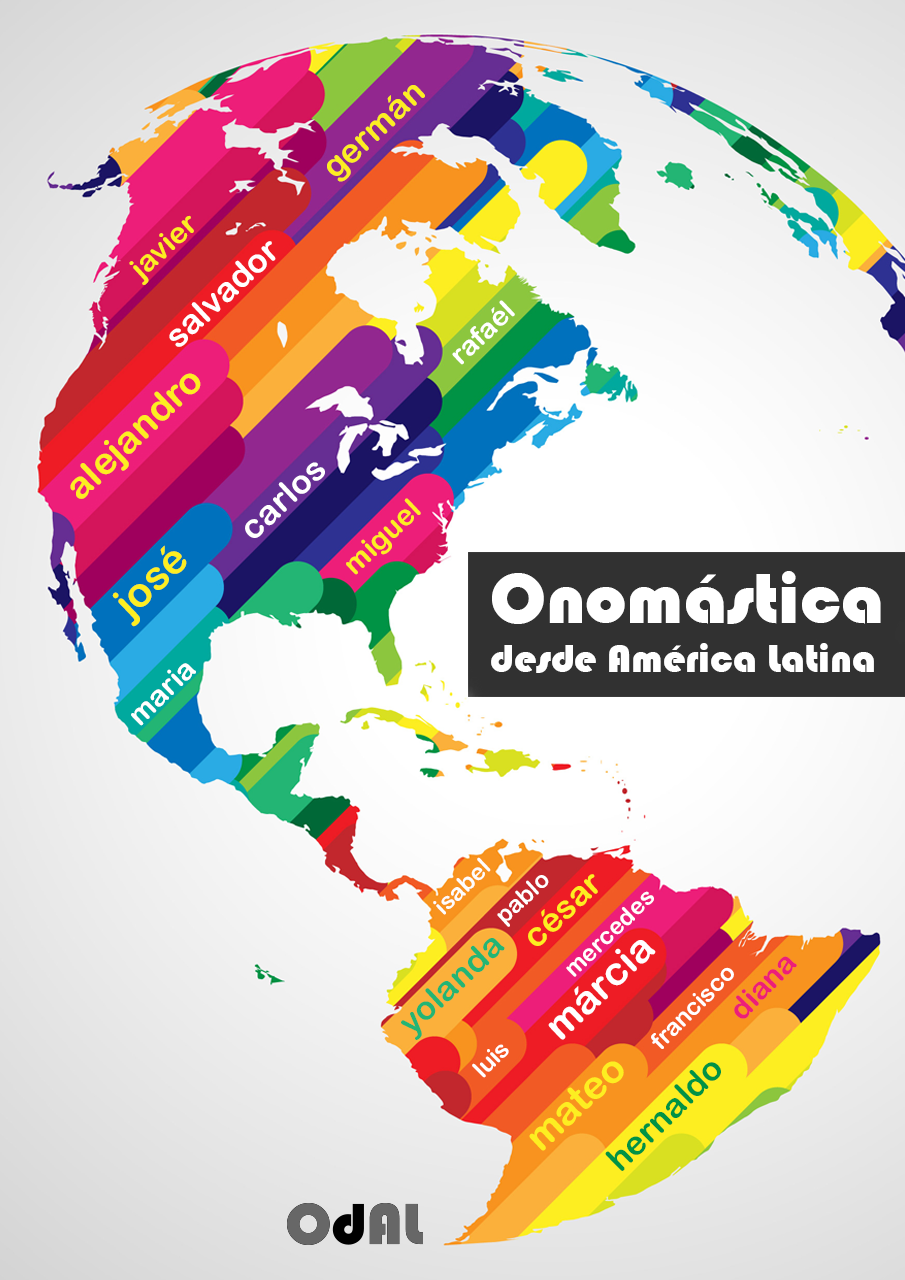Le pseudonyme sur les réseaux numériques : reflet d’une identité espérée ou réelle ?
DOI:
https://doi.org/10.48075/odal.v6i1.35096Palavras-chave:
Le pseudonyme, la communication numérique, L'auto-nomination, Identité réelle, Identité espéréeResumo
Cette étude s’inscrit dans le champ de la sociolinguistique et de l’anthroponymie numérique, et explore les enjeux identitaires et sociolinguistiques du choix des pseudonymes par les internautes algériens sur Facebook. S’appuyant principalement sur les travaux de Paveau (2015), Bourdache (2019, 2021) et Ertzscheid (2009), elle conçoit le pseudonyme comme une construction discursive, auto-attribuée, à la croisée de l’identité sociale et numérique. La méthodologie combine deux enquêtes : une analyse qualitative de pseudonymes extraits de quatre groupes Facebook (n=600 pseudonymes), et une enquête par sondage auprès de membres de trois de ces groupes. L’analyse catégorise les pseudonymes selon leur relation à l’identité réelle, professionnelle, fantaisiste ou cryptonymique, et met en évidence leur fonction expressive, protectrice, relationnelle ou projective. Les résultats révèlent que les pseudonymes reflètent soit une identité réelle (noms/prénoms), soit une identité idéalisée, influencée par des référents culturels, émotionnels ou ethniques. L’anonymat, la stratégie de présentation de soi, et la gestion de la réputation numérique sont des motivations clés. Malgré une préférence générale pour l’authenticité, les internautes montrent une tendance marquée à projeter un « soi espéré ». Ce travail apporte une contribution originale à l’étude de l’auto-nomination en contexte numérique algérien, en soulignant la fonction identitaire du pseudonyme comme lieu d’expression de soi, révélateur de dynamiques socioculturelles et de rapports à l’espace numérique.
Referências
Bourdache, Achour. (2021), Le pseudonyme chez la communauté d’internautes algériens sur le web social : quels choix et quels enjeux sociolinguistiques ? , Multilinguales, 16.
Cardona, Giorgio Raimondo. (1976), Introduzione all’etnolinguistica, Bologne : Società editrice il Mulino.
Charaudeau, Patrick. (dir.), (2009), Identité sociale et identité discursive. Un jeu de miroir fondateur de l’activité langagière, Paris, L’Harmattan.
Ertzscheid, Olivier. (2013), Qu'est-ce que l'identité numérique ? Enjeux, outils, méthodologies, Marseille, OpenEdition Press, coll. « Encyclopédie numérique ».
Fehlmann, Maribel. (2010), De la valeur magique du pseudonyme sur internet. In: Nouvelle revue d'onomastique, n°52: 263-275.
Marcoccia, Michel. (2016), Analyser la communication numérique écrite, Paris, A. Colin, coll. Icom. Série Discours et communication.
Mead, George Herbert. (2006), L’Esprit, le soi et la société, (édition originale, 1934) traduction et introduction de Daniel Cefaï et Louis Quéré, Presses universitaires de France, coll. « Le lien social », Paris.
Bourdache, Achour. (2019), Identité pseudonyme en ligne, Discours, Langue et Société Carnet de recherche], https://lesms.hypotheses.org/173, consulté le 02/02/2024.
Paveau, Marie-Anne. (2015) [2014], Ce qui s’écrit dans les univers numériques, Itinéraires ltc, http://itineraires.revues.org/2313, consulté le 18 mai 2024.
Cislaru, Georgeta. (2009), Le pseudonyme, nom ou discours ?, Les Carnets du Cediscor 11. En ligne : http://cediscor.revues.org/746, consulté le 20 mai 2024.
Downloads
Publicado
Como Citar
Edição
Seção
Licença
Copyright (c) 2025 Hafida Benbouziane

Este trabalho está licenciado sob uma licença Creative Commons Attribution-NonCommercial-ShareAlike 4.0 International License.
Aviso de Direito Autoral Creative Commons
Política para Periódicos de Acesso Livre
Autores que publicam nesta revista concordam com os seguintes termos:
1. Autores mantém os direitos autorais e concedem à revista o direito de primeira publicação, com o trabalho simultaneamente licenciado sob a Licença Creative Commons Attribution que permite o compartilhamento do trabalho com reconhecimento da autoria e publicação inicial nesta revista.
2. Autores têm autorização para assumir contratos adicionais separadamente, para distribuição não-exclusiva da versão do trabalho publicada nesta revista (ex.: publicar em repositório institucional ou como capítulo de livro), com reconhecimento de autoria e publicação inicial nesta revista.
3. Autores têm permissão e são estimulados a publicar e distribuir seu trabalho online (ex.: em repositórios institucionais ou na sua página pessoal) a qualquer ponto antes ou durante o processo editorial, já que isso pode gerar alterações produtivas, bem como aumentar o impacto e a citação do trabalho publicado (Veja O Efeito do Acesso Livre).
Licença Creative Commons
Esta obra está licenciada com uma Licença Creative Commons Atribuição-NãoComercial-CompartilhaIgual 4.0 Internacional, o que permite compartilhar, copiar, distribuir, exibir, reproduzir, a totalidade ou partes desde que não tenha objetivo comercial e sejam citados os autores e a fonte.

